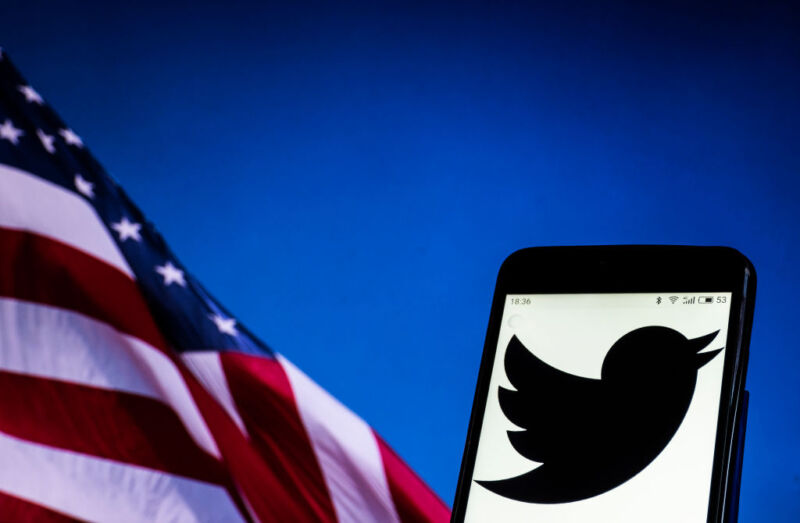Twitter Restricts Staff From Policing Content Violations Ahead Of US Midterms

A few months ago, Twitter promised to take its role in preserving election integrity seriously, saying that “[p]eople deserve to trust the election conversations and content they encounter on Twitter.” Now, in the middle of Brazil’s presidential election and just ahead of the US midterms, the majority of Twitter staff who would be responsible for moderating content to help maintain election integrity reportedly don’t have access to the tools they need to do that.
Twitter’s head of safety and integrity, Yoel Roth, tweeted that there’s nothing unusual about Twitter’s decision. The company is simply restricting access to prevent employees from making any changes to the software code during the transition, he wrote.
“This is exactly what we (or any company) should be doing in the midst of a corporate transition to reduce opportunities for insider risk,” Roth tweeted. “We’re still enforcing our rules at scale.”
According to Bloomberg News, Twitter has significantly cut back on its content moderation staff approved to access a dashboard that logs automated and user-flagged content that requires human review before content is restricted. Ordinarily, hundreds of employees would be using the dashboard, reviewing content to manually enforce actions dictated by Twitter policy, such as banning or restricting accounts. Since last week, two Twitter safety team insiders told Bloomberg that the total number had been reduced to about 15 employees.
Manually reviewed policy violations are usually the most high-profile violations, including those that could involve real-world harm, Twitter employees told Bloomberg.
Twitter likely to struggle to enforce election integrity policy
Although this decision seems like a necessary step, in Roth’s view, to reduce risk as Twitter ownership changes hands, the timing could have real-world consequences in this fall’s elections. Twitter insiders told Bloomberg that some staff did have access to the dashboard during Brazil’s presidential election, but only “in a limited capacity.” Experts monitoring Brazil’s election have said that Twitter already wasn’t doing enough to prevent misinformation spread, even before Musk took over.
Ahead of Brazil’s presidential election, incumbent Jair Bolsonaro began to sow seeds of doubt in the election’s integrity, just as Donald Trump did before his Twitter ban. Since Bolsonaro’s loss, Human Rights Watch has reported that “people with hundreds of thousands of followers claimed that the counting was fraudulent.” As an example, the international non-governmental agency highlighted one problematic tweet that’s still up and has 30,000 likes. Ars confirmed the tweet has not been flagged by Twitter as needing a link to “credible information or helpful context”—such as linking to actual election results—as Twitter policy would seem to dictate.
Popular accounts spreading fake news that go unmoderated can be cause for public concern, which is why Twitter worked to expand its election integrity policy over the past five years. During the 2016 US presidential election, researchers reported in Science that on Twitter, “only 1% of individuals accounted for 80% of fake news source exposures.”
Twitter did not respond to Ars’ request to comment on how its current software code freeze might impact the company’s ability to enforce its election integrity policy. Employees from Twitter’s trust and safety team told Bloomberg that they “believe the company will be short-handed in enforcing policies in the run-up to the US midterm election on Nov. 8.” In a letter to advertisers, Musk said that while his purchase of Twitter was motivated to prevent polarization and help humanity, he understands that failure is a “very real possibility.”
In the background of these elections, anonymous trolls have spammed Twitter with hate speech in the days since Musk took over. The Washington Post reported that their intent was to make as big a mess as possible to welcome Elon as the service’s new owner.
The surge in hate is not due to any specific policy changes, Musk tweeted. “To be super clear, we have not yet made any changes to Twitter’s content moderation policies,” he wrote. In an earlier tweet, he announced that he would be forming a content moderation council as part of his reimagining of Twitter.
READ MORE HERE
